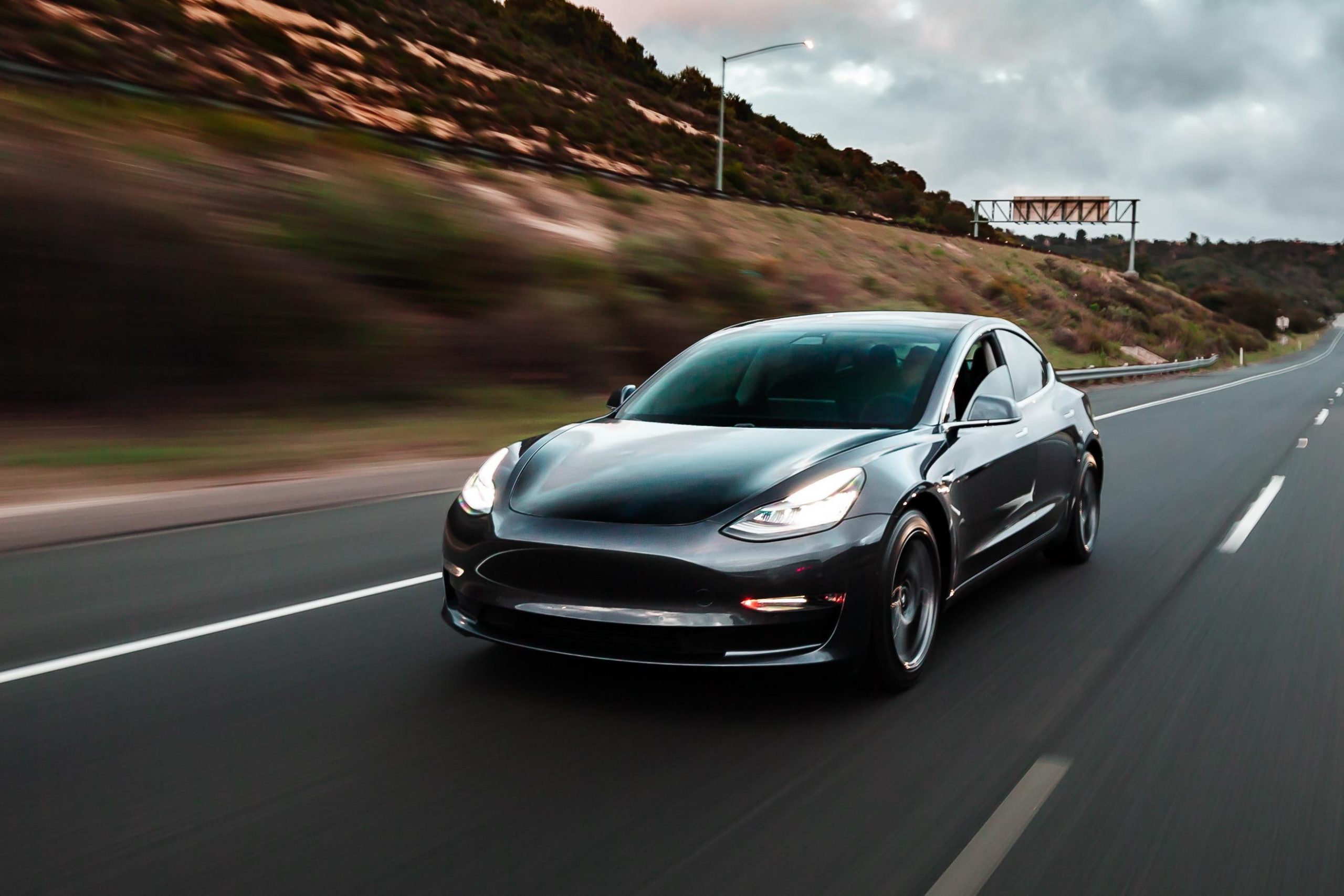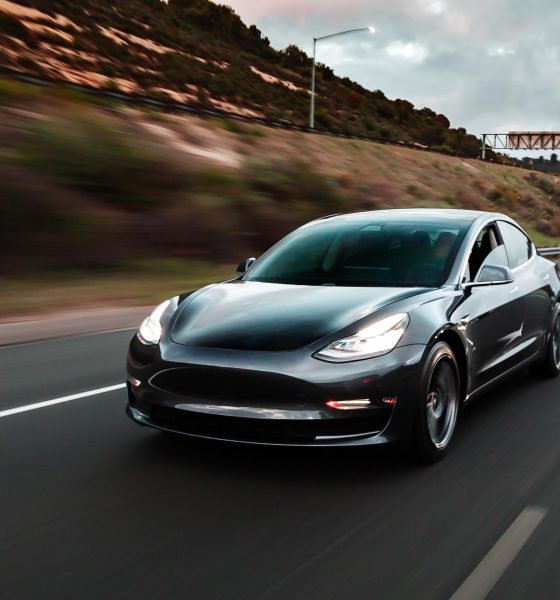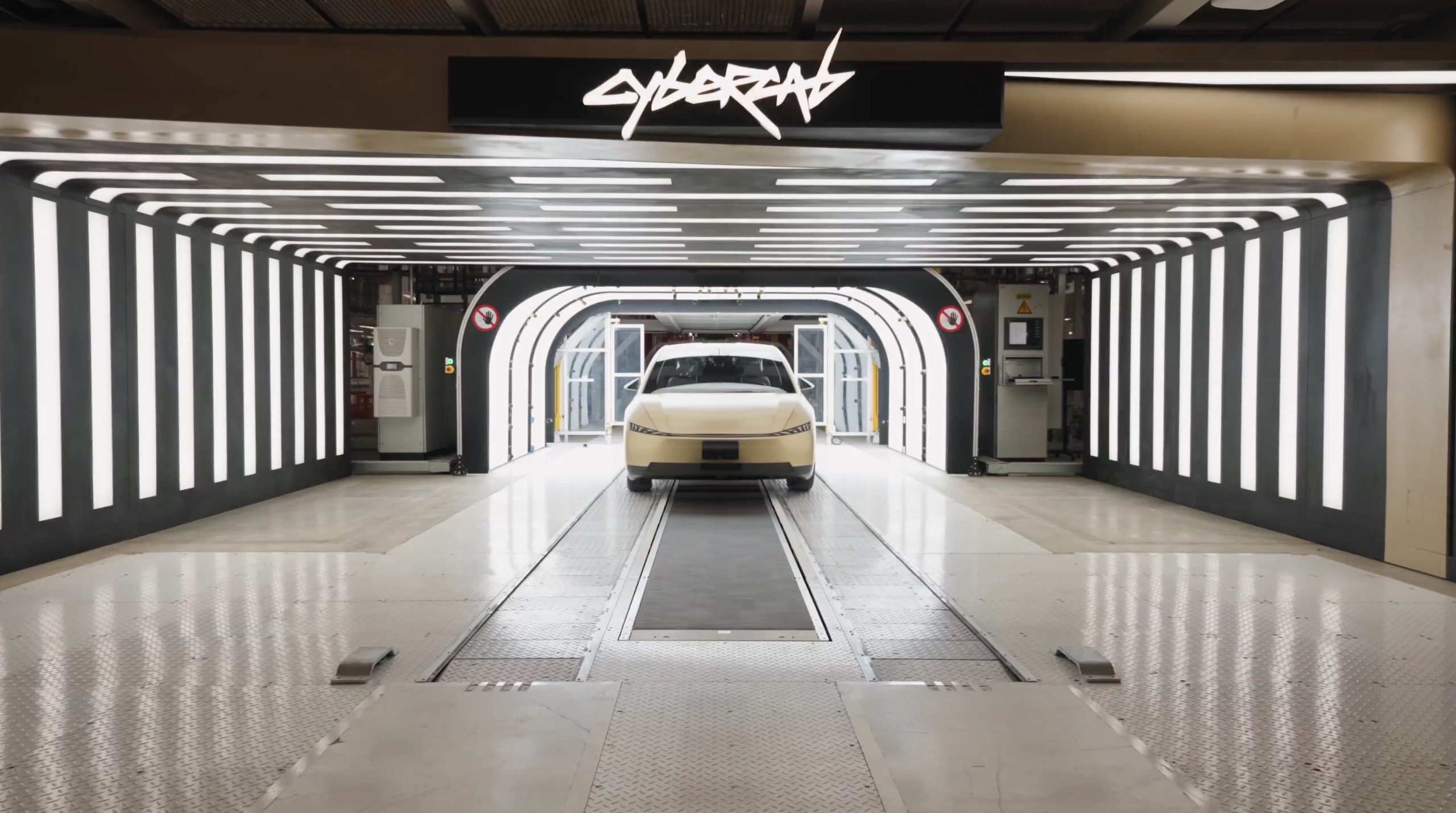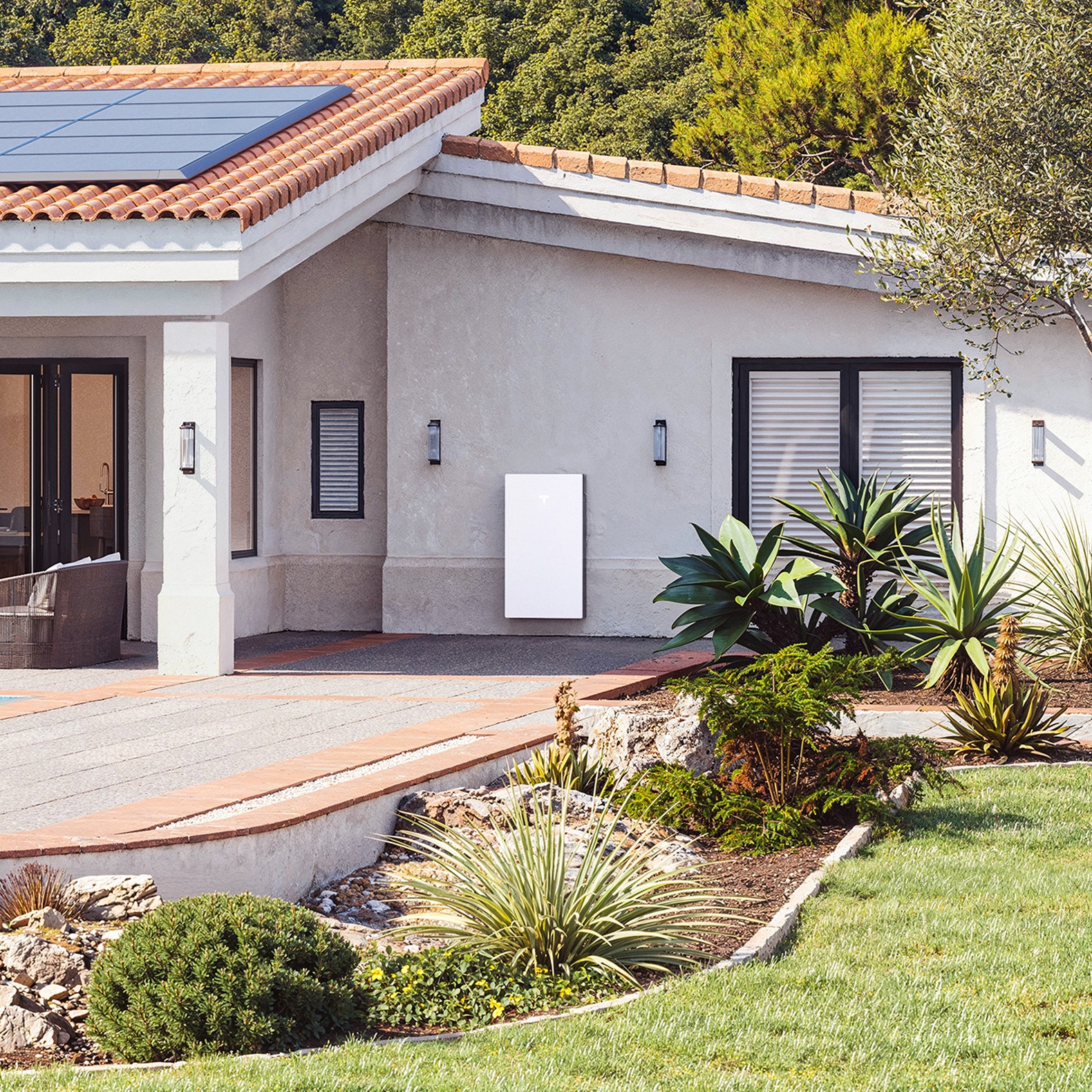

News
‘Tesla Killers’ are like Bigfoot: They don’t exist and they never will
The term “Tesla Killer” should be retired for the rest of time. For years, automakers across the world have released their introductory electric cars into the quickly growing EV sector. With plans written out and cool, sporty photographs and renders of the “next big thing” in the EV sector being released by some of the world’s largest and oldest car company’s, many media outlets, including this one, have referred to some cars as “Tesla Killers” because that is what automakers are trying to do: knock Tesla off of its pedestal and try to derail some of the momentum that Elon Musk’s company has gained through the past several years.
The problem is this: These cars that are always coined as “Tesla Killers” never pan out to what they’re supposed to be. They’re all hype and relatively no real threat to Tesla or any of its vehicles. In all honesty, “Tesla Killers” are like Bigfoot. You always hear about them, but you never see them, and in the back of your mind, you think that it could be real, but more than likely, it isn’t.
I will admit, there are cars out there that have legitimate potential to derail some of Tesla’s momentum. I think the Lucid Air could be a great competitor to the Model S, and I think Rivian’s R1T could be a great option for potential Cybertruck owners. Some great cars are coming to the market, but none of them are worthy of being deemed a “Tesla Killer.”
This is a preview from our weekly newsletter. Each week I go ‘Beyond the News’ and handcraft a special edition that includes my thoughts on the biggest stories, why it matters, and how it could impact the future.
The fact is, the word “killer,” when attributed to everything, means it is a complete ending to any chance of success when used in the comparison of two things. A “Tesla Killer” would have to make a competing car model obsolete, killing it off from the market, and this simply doesn’t happen in the automotive world, at least in my opinion. Even if cars have slumpy sales records or slow months, someone will still buy that car eventually, no matter how crappy, inadequate, or ineffective that vehicle is.
The truth is that all of the cars labeled as “Tesla Killers” have always fallen short. I can remember the Mercedes-Benz EQC donning the label, only to sell barely any units and have the German automaker reconsidering its stance on EVs. The same thing was said about the EQS unveiling. While it is a beautiful car, does anyone really think it’s going to make Tesla reconsider its plans for future models or make it redesign any of its current ones?
Once-deemed ‘Tesla killer’ Mercedes EQC flops with 55 units sold in Germany to date
No, it won’t. It’s not an “it likely won’t” or “there’s a small chance.” It won’t happen. Period.
Tesla is on the top of the EV sector. Like it or not, nobody can really compete with them currently, and vaporware is the only real threat to Tesla’s current momentum. For years, these car companies have said they will build these incredible EVs with all of these great features. Towing capabilities, wading depth, 0-60 MPH times that are more than impressive, astronomical range ratings. You name it, one of these car companies has said it. But how many times, honestly, has a car company kept its word with an EV that it plans to release? How many times have these car companies with decades or even a century of experience come up short? How many times have EV enthusiasts been promised “the next big thing in the EV sector,” only to come up short and revise their plans?
The truth is, it happens more often than not. Car companies need to start getting honest about their issues when developing EVs. I believe transparency, not hopeless promises, is the key to winning over the incredibly loyal EV enthusiasts that make up the community. It is no secret that Tesla owners and fans are quite dismissive toward competitors. Can you really blame them? Can you see how for years, these other car companies have made all of these promises, only for their entire plan to crumble apart like an extra dry cookie?
This isn’t to say that Tesla is perfect, and it isn’t to say that they won’t eventually fall off of their pedestal. Tesla has plenty of issues. They’re dealing with supply constraints, timing inaccuracies, production bottlenecks, and delays in permissions (especially in Berlin). The company also has major issues with customer service and communication, something that has been a complaint in more recent memory. However, Tesla rarely misses when it comes to its cars. Yes, some come later than the company says, but there’s no denying that many of the specs it releases for its vehicles are accurate. No matter how astronomical or outlandish some specs may seem, Tesla usually makes good on its promises.
This is something that other automakers that have been deemed “Tesla Killers” simply haven’t done. They may put fancy names, specs, and features on their cars, but they either fall short and aren’t as effective as they say the car will be, or the car just gets delayed for several years until the companies have put in the correct infrastructure for adequate production.
“Tesla Killers” do not exist. They never have, and they never will. There will never be a car that comes along and makes a Tesla completely obsolete in the EV market. Besides, all of these companies producing “Tesla Killers” wouldn’t even plan to manufacture EVs if it wasn’t for Tesla. Let’s face it; these cars are really “Saviors” to whatever manufacturer they belong to because if they weren’t being planned or produced, these companies would be obsolete in a few years, especially as the EV sector continues to gain momentum and take market share away from petrol-powered machines.
A big thanks to our long-time supporters and new subscribers! Thank you.
I use this newsletter to share my thoughts on what is going on in the Tesla world. If you want to talk to me directly, you can email me or reach me on Twitter. I don’t bite, be sure to reach out!
-Joey

Elon Musk
Tesla Cybercab coming next to Giga Berlin, Optimus possibly after
“From a next major product standpoint, I think most likely is the Tesla Cybercab,” Musk said.

Tesla could add the Cybercab and Optimus humanoid robot to the production lineup at Giga Berlin, as per recent comments from CEO Elon Musk.
During a recent interview with Giga Berlin plant manager André Thierig, Musk identified the Cybercab as the most likely next major product for the German factory, with Optimus potentially following after.
“From a next major product standpoint, I think most likely is the Tesla Cybercab,” Musk said. He added that there are also “possibilities of Tesla Optimus” being produced in the facility.
Tesla has already begun production of the Cybercab in Giga Texas, with volume production expected to ramp this year. Based on Musk’s comments, it appears that if conditions align in Europe, Giga Berlin could eventually join that effort.
The CEO’s comments about Optimus coming to Gigafactory Berlin are quite unsurprising too considering that Musk has mentioned in the past that the humanoid robot will likely be Tesla’s highest volume product in the long run.
Giga Berlin will likely be able to produce mass volumes of Optimus, as the Model S and Model X lines being converted to an Optimus line in the Fremont Factory are already expected to produce 1 million units of the humanoid robot annually.
Apart from his comments about the Cybercab and Optimus, Elon Musk also confirmed that Giga Berlin has started ramping battery cell production and will continue expanding Model Y output, particularly as supervised Full Self-Driving (FSD) gains regulatory approvals in Europe.
Taken together, the remarks suggest Berlin’s role could evolve beyond vehicle assembly into a broader multi-product manufacturing hub, not just a regional Model Y plant.
Energy
Tesla Powerwall distribution expands in Australia
Inventory is expected to arrive in late February and official sales are expected to start mid-March 2026.

Supply Partners Group has secured a distribution agreement for the Tesla Powerwall in Australia, with inventory expected to arrive in late February and official sales beginning in mid-March 2026.
Under the new agreement, Supply Partners will distribute Tesla Powerwall units and related accessories across its national footprint, as noted in an ecogeneration report. The company said the addition strengthens its position as a distributor focused on premium, established brands.
“We are proud to officially welcome Tesla Powerwall into the Supply Partners portfolio,” Lliam Ricketts, Co-Founder and Director of Innovation at Supply Partners Group, stated.
“Tesla sets a high bar, and we’ve worked hard to earn the opportunity to represent a brand that customers actively ask for. This partnership reflects the strength of our logistics, technical services and customer experience, and it’s a win for installers who want premium options they can trust.”
Supply Partners noted that initial Tesla Powerwall stock will be warehoused locally before full commercial rollout in March. The distributor stated that the timing aligns with renewed growth momentum for the Powerwall, supported by competitive installer pricing, consumer rebates, and continued product and software updates.
“Powerwall is already a category-defining product, and what’s ahead makes it even more compelling,” Ricketts stated. “As pricing sharpens and capability expands, we see a clear runway for installers to confidently spec Powerwall for premium residential installs, backed by Supply Partners’ national distribution footprint and service model.”
Supply Partners noted that a joint go-to-market launch is planned, including Tesla-led training for its sales and technical teams to support installers during the home battery system’s domestic rollout.
Elon Musk
Tesla Giga Berlin growth could stall if not “free from external influences”: Elon Musk
The comments were delivered in a pre-recorded video discussion.

Tesla CEO Elon Musk has reportedly warned that future expansion of Gigafactory Berlin could be jeopardized if the site does not remain “free from external influences.”
Musk’s comments were delivered in a pre-recorded video discussion with employees and came at a sensitive moment for the facility, where union representation has been a recurring issue.
According to reports from Handelsblatt and Der Spiegel, citing participants at the event, Musk suggested that if Giga Berlin is no longer “free from external influences,” further expansion would become unlikely. He did not, however, hint that the plant would shut down.
While Musk did not name IG Metall directly, his remarks were widely interpreted as referencing the union, which is currently the largest faction on the works council but does not hold a majority, as noted in an electrive report.
The video conversation was conducted between Musk in Austin and Grünheide plant manager André Thierig, then played back to the workforce in Germany. Works council elections are scheduled for early March, heightening the tension between management and organized labor.
The CEO has previously voiced concerns that stronger union influence could limit Tesla’s operational flexibility and long-term strategy in Germany.
Despite the warning on expansion, Musk praised the Giga Berlin site during the same address, describing it as one of the most advanced factories worldwide and highlighting its cleanliness and team culture.
The discussion also reportedly touched on battery cell production. According to attendees cited in German media, Musk indicated that Tesla has begun ramping cell production at the site. That would mark a notable shift from earlier expectations that large-scale cell manufacturing in Brandenburg would not begin until 2027.








